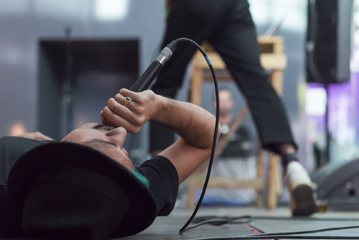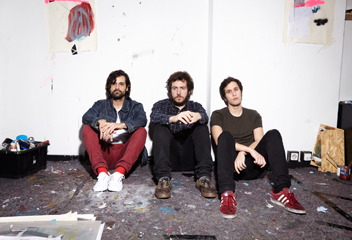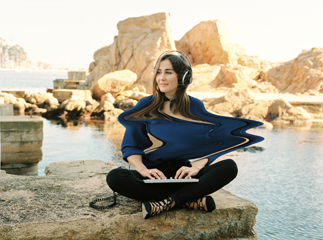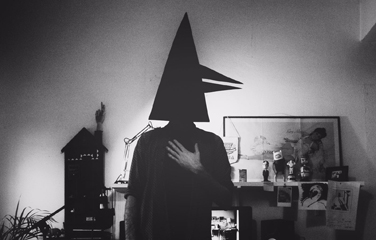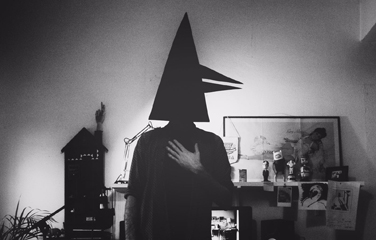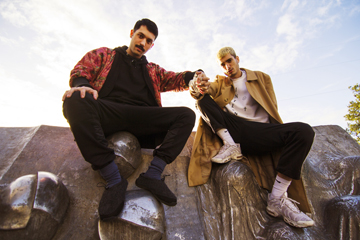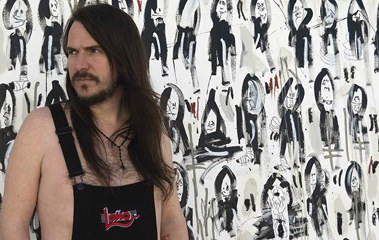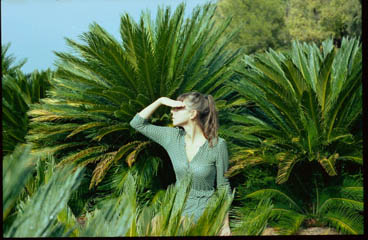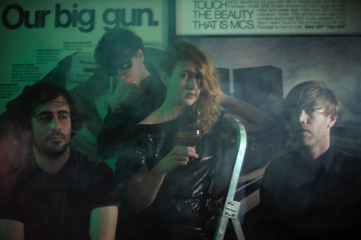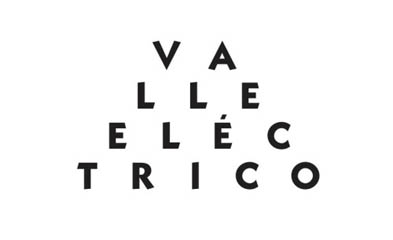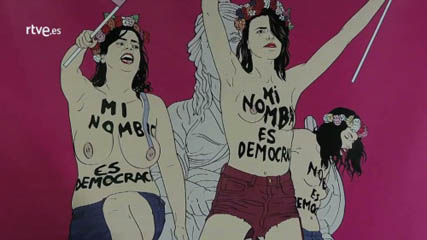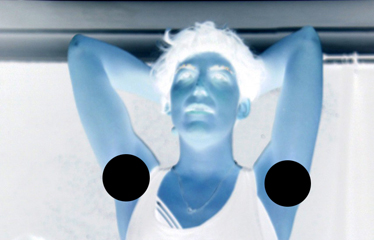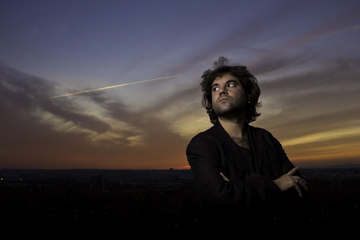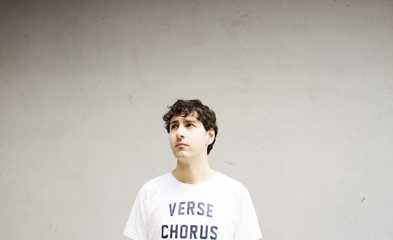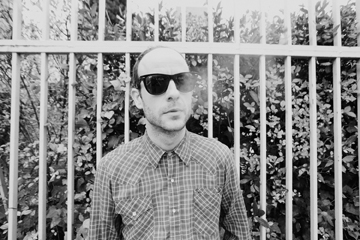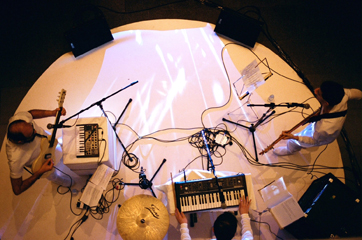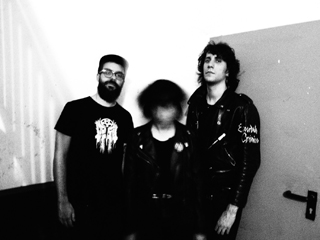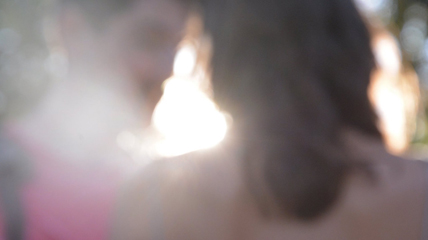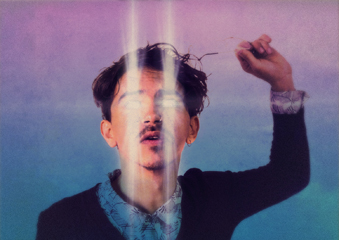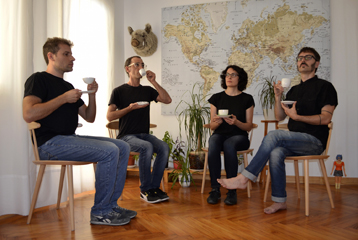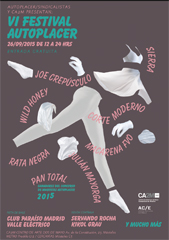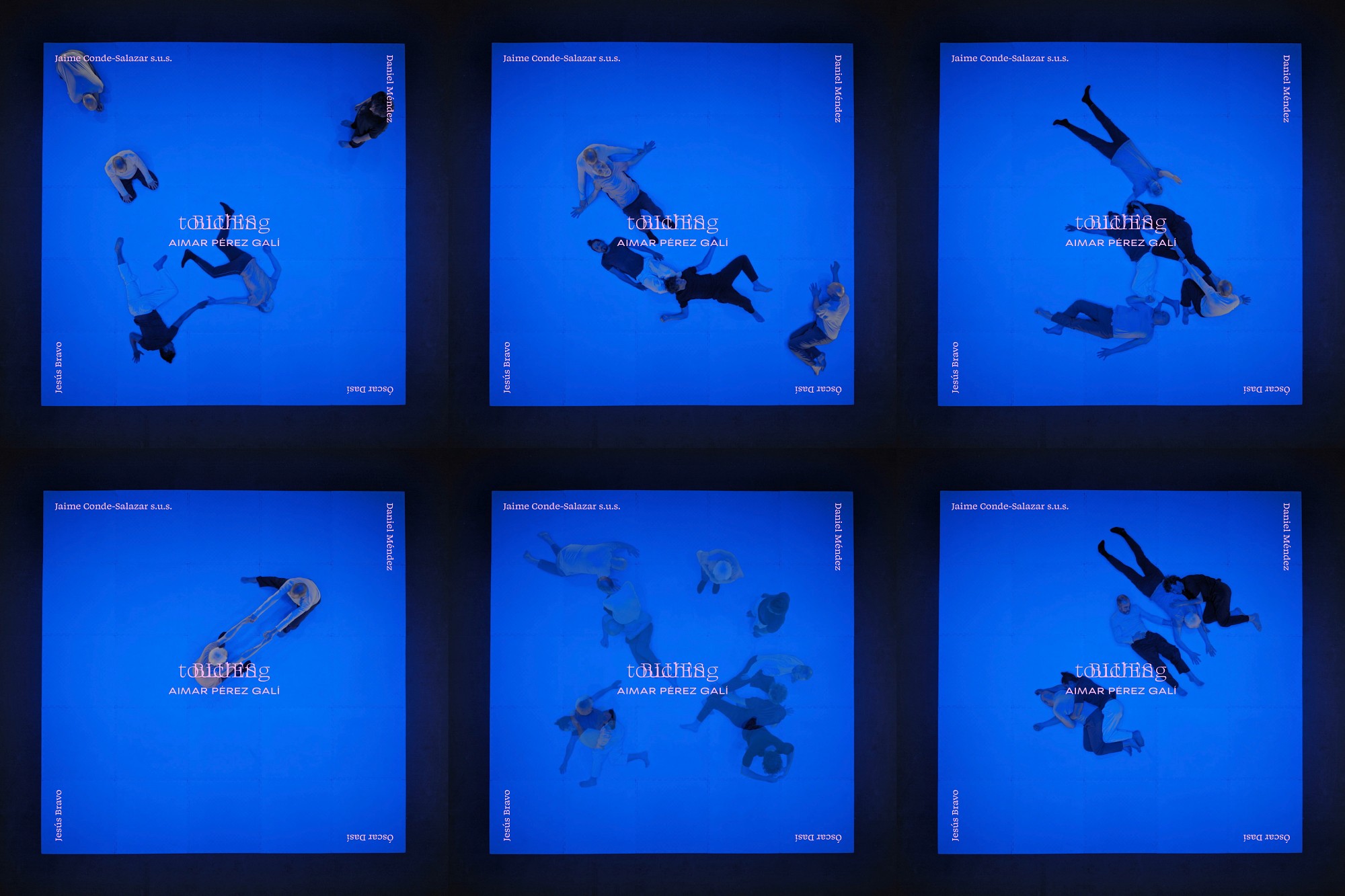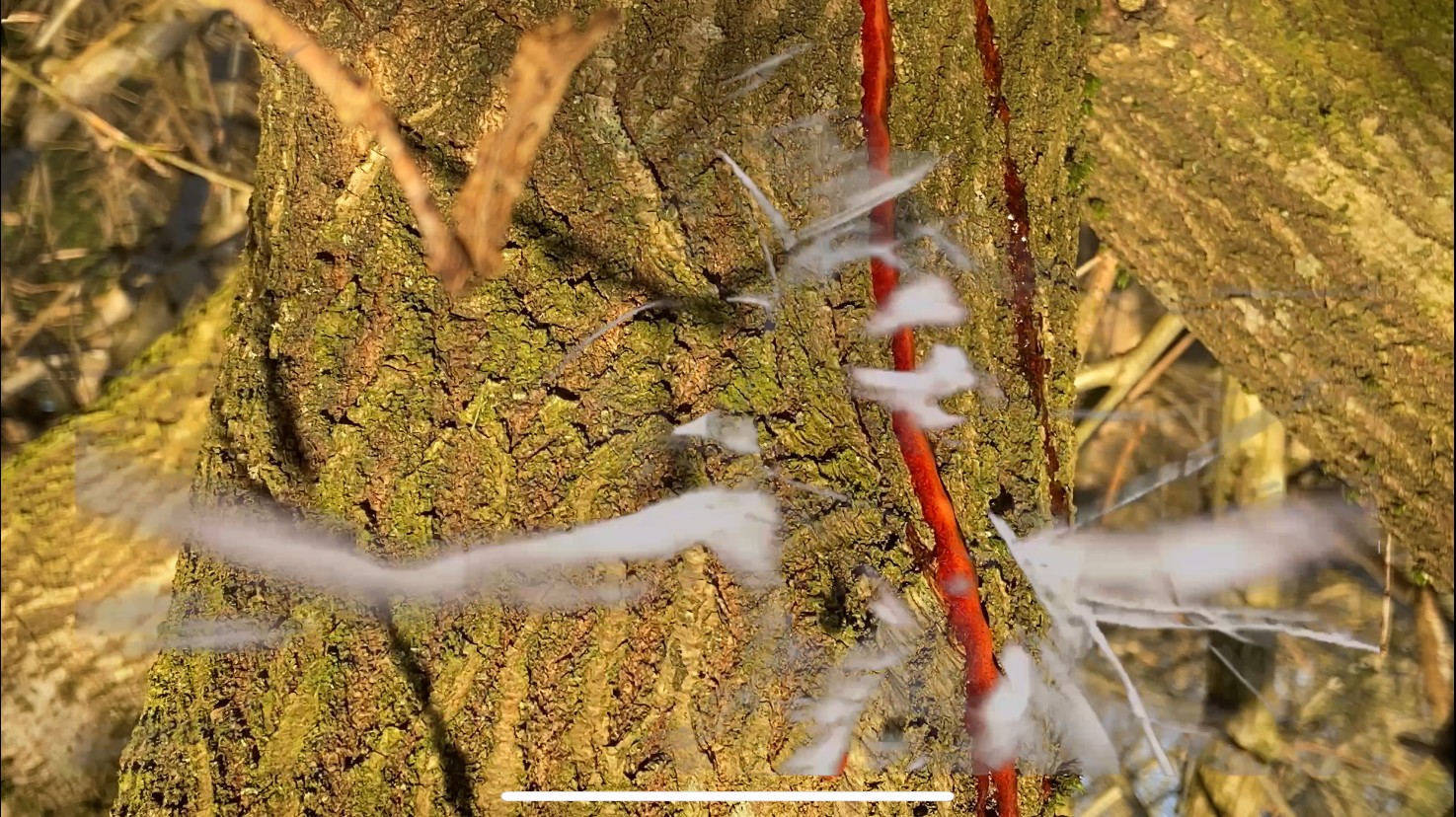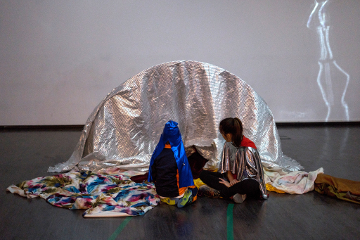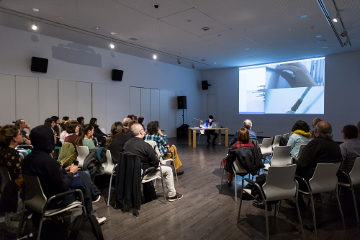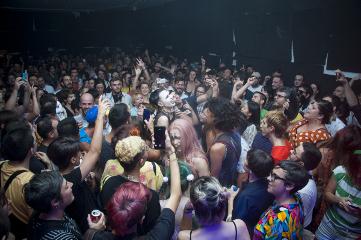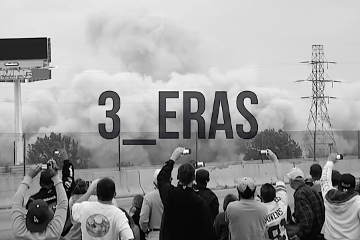The European Forum for Advanced Practices is a platform for artists, theorists, philosophers, educators, performers, curators, urban planners, anthropologists and other cultural agents, who come together to devise a series of perceptions, analysis and propositions for the mutant field of research generated by art practices, humanities and social sciences. The self-run structure is made up by people who have worked with complex models of research, constituting an educational field of new emerging practices which responds to a need to recognise an advance that is already taking place.
Advanced Practices evince the fact that knowledge is not to be found solely in one single place or in one group of people, but rather that it is a more collaborative, granular and multiple question which has to do with the capacity to articulate problematics, to invent languages for said articulation and to come up with new forms of access. In the face of the need for global epistemologies and planetary knowledge, given the obstacles to the movement of people and access to their rights, given the global financial war and the collapse of the structures of the welfare society, this forum wishes to throw light on displacements in paradigms, to reformulate the urgencies that call for responses from multiple perspectives, to invent methodologies and to set in motion new relations between fields of knowledge.
Through various formats — dialogues, performances, performative lectures, choreographies — and with the participation of over fifty agents from more than thirty countries, supported by funding from the European program COST, this forum is the first public presentation in the world of a collective movement to transform academia and to recognise the contributions of research models coming from contemporary cultural practices.
THURSDAY 10 OCTOBER
6:00 pm. Welcome: Manuel Segade, Director of CA2M Centro de Arte Dos de Mayo
6:15 pm. Presentation: Irit Rogoff, Professor of Visual Cultures at Goldsmiths, University of London
Rogoff is one of the initiators of the transdisciplinary field of Visual Cultural and founder of the department at Goldsmiths. Her initiatives to establish this new field are led by a belief that we must work beyond bodies of inherited disciplinary knowledge and find motivation for knowledge production in the current conditions we are living in. Rogoff works between academic teaching, theoretical writing, curatorial projects and organizing public study.
6:45 pm. Lecture: Maria Hlavajova, artistic director of BAK, basis voor actuele kunst, Utrecht
Hlavajova is the founder and artistic director of BAK since 2000, where she develops emblematic projects of social and political transformation. Between 2008 and 2016 she was a researcher and artistic director of FORMER WEST, which she initiated and developed as an internationally collaborative research, education, publication, and exhibition project, culminating with the publication of Former West: Art and the Contemporary After 1989, co-edited with Simon Sheikh (BAK & MIT Press, 2017). Previously, she was a faculty member at the Center for Curatorial Studies, Bard College, Annandale-on-Hudson, NY (1998 – 2002), and director of the Soros Center for Contemporary Arts in Bratislava (1994 – 1999).
8:15 pm. Conversation: Andrea Phillips & Jesús Carrillo
Dr Andrea Phillips is BALTIC Professor and Director of the BxNU Research Institute, Northumbria University and BALTIC Centre for Contemporary Art. Phillips lectures and writes about the economic and social construction of public value within the contemporary art system, the manipulation of forms of participation and the potential of forms of political, architectural and social reorganization within artistic and curatorial culture. Her forthcoming book Contemporary Art and the Production of Inequality will bring together discussions on the politics of public administration and management with recent analyses of arts institutions, alongside debates on value (public and private) informed by research into the political functions of the art market and personal experience of organizing and governing contemporary arts institutions, arts education institutions, and working directly with artists.
Jesús Carrillo, an art historian, critic and cultural manager, investigates the crossroads between contemporary art, politics and cultural institutions. Particularly noteworthy among his publications to date are the texts for the Desacuerdos project (2005-2014). He has recently published Space Invaders, on the alliances between artists, activists and communities in the fight for the urban space in Lavapiés. He is a lecturer in Art History at Universidad Autónoma de Madrid.
9:15 pm. Conversation: Sibylle Peters & Victoria Pérez Royo
Sibylle Peters is a researcher, artist and theatre director based in Hamburg where she creates and develops participative artistic research projects. She is a Doctor in Literature and Media Theory, with her area of study focused on the academic lecture as performance. In 2001 she co-founded FUNDUS THEATER / Theatre of Research in Hamburg. Her recent practice has led her to issues on the transgenerational condition of live art, performing citizenship, heterotopic research, hydrarchy and radical navigation, the art of being plural, areas of interspecies equality, creative destruction, the improbability drive and paralogistics.
Victoria Pérez Royo is a lecturer in Aesthetics and Theory of Art at the University of Zaragoza, co-director of the Master in Stage Practice and Visual Culture (UCLM, Museo Reina Sofía 2010-2019), researcher at ARTEA and guest lecturer in various international practice-based research programmes. Her three latest books are Componer el plural. Cuerpo, escena, política (2016) with Diego Agulló, Dirty Room (2017) with Juan Domínguez and Time Has Fallen Asleep in the Afternoon Sunshine (2019) with Mette Edvardsen.
10:00 pm. Performing lecture: El Drama de una realidad Sur, by Javiera de la Fuente
This proposal is an exploration of the avant-garde ritual theatre in Andalusia in the 1960s and 70s, a time which saw the beginning of a new path in theatre that continues today. The recovery of a figure from flamenco like the gypsy woman Fernanda Romero, in a place where she was nevertheless free and creative, rebellious and powerful, brings to the table the aesthetic and symbolic need for ceremony and the sacred used as dramatic and political instruments for the theatre, inherent to flamenco and the dancer Fernanda Romero. One could argue that this theatre experience made a whole collective aware of the need to gain access to a more authentic state of the individual and the collective, as a cathartic state of freedom.
A flamenco dancer and freelance researcher into undefinable theatre formats, Javiera de la Fuente cuts across various traditional and contemporary languages. Some of her works have given rise to hybrids like the theatre lecture. She works collaboratively with Pedro G. Romero in Máquinas de vivir since 2014 (Secession/Vienna, Stuttgart, MACBA) and also independently (Tabakalera, Bauhaus Desseu, Bergen Assembly, 2019)
FRIDAY 11 OCTOBER
6:00 pm. Presentation: Video conversation between Brian Massumi and Florian Schneider
Florian Schneider is a filmmaker, writer, and curator. His work investigates the border crossings between mainstream and independent media, art and activism, theory and open source technology, documentary practices and new forms of curating. Among his projects are Dictionary of War (2006 — 2010), kein mensch ist ilegal (nadie es ilegal) within the framework of the Hybrid Workspace at Documenta X (1997) and imaginary property, a research project which operates at the intersections of an ongoing propertization of images and the seemingly imaginary character of property in the age of digital production and networked distribution. Since 2014 he is Head of the Trondheim Academy of Fine Art at the Faculty of Architecture and Fine Art in the Norwegian University of Science and Technology (NTNU). Since 2019 he is the chair of the COST action “European Forum for Advanced Practices”, funded by the Horizon 2020 Framework Programme of the European Union.
Brian Massumi is a Canadian political philosopher and social theorist. His research spans the fields of art, architecture, cultural studies and political theory. He received his PhD in French Literature from Yale University in 1987 and made a name for himself thanks to his translations into English of recent works in French philosophy (The Postmodern Condition, Lyotard (with Geoffrey Bennington), Noise: The Political Economy of Music, Jacques Attali and A Thousand Plateaus: Capitalism and Schizophrenia, Deleuze and Guattari. His theories were instrumental in the affective shift in the early 2000s
6:45 pm. Lecture: El texto como Notación (experimento de escritura). Jon Mikel Euba
Jon Mikel Euba’s work is grounded in drawing as method and sculpture as program, resolved in different media. Since the late-nineties he has developed a practice guided by the need to generate personal systems of production through the development of “economic technique”. This mission, which is also a form of resistance, calls for an immersion in processes that involve other people and in which the artist operates as a kind of mediator or filter. From 2006 onwards he has been creating a series of performative-based works whose end result is condensed in a number of performances which include a didactic approach for the various participants with whom he collaborates.
In 2017 he published Writing Out Loud, a compilation of the transcriptions of eight classes he gave at DAI (Dutch Art Institute) in Arnhem, translated simultaneously from Spanish to English during the symposium Action Unites, Words Divide (On Praxis, An Unstated Theory). These texts form part of a wider project focused on writing, which Euba has been working on over the last ten years, whose goal is to define a praxis which will lead to technical theory. In this project he experiments with different strategies of distancing from writing, with the purpose of freeing himself from any subjugation to form by means of a performative approach. With his writings, Euba, from his position as an artist, proposes producing and communicating a methodology firmly situated in art practice. To this end, he starts out from a consideration of the text as Notation, as “activateable” material or a score for an action, which is later developed through the act of reading aloud in front of other people.
El texto como Notación (experimento de escritura). The longing for form generates the majority of writer’s blocks. Technically, defining writing as Notation enables one to concentrate on content without apparently taking form into account. Writing while just thinking of the effect that each sentence could provoke when translated simultaneously opens the possibility for future events that could happen in the mise en scène of the live text, affecting the very creation of the contents. The projection towards the future gives rise to form in the present.
8:15 pm. Conversation: Andrew Patrizio & Fernando García-Dory
Andrew Patrizio is Professor of Scottish Visual Culture at the School of History of Art, Edinburgh College of Art (University of Edinburgh), where he has worked since 1997. Between 1997 and 2011, he was Director of Research at Edinburgh College of Art. Before his academic career, he was a curator at the Museums of Glasgow and the Hayward Gallery in London. He teaches and writes on art after 1945, especially on Scottish issues and the environment. His latest book, The Ecological Eye: assembling an ecocritical art history (2019) was published by Manchester University Press and explores the method of art history, green politics, theories of new materialism and environmental justice. Coinciding with the launch of the book, he presented this work at a conference called Picture Ecology. Art and Ecocriticism in Planetary Perspective at Princeton University.
Fernando García-Dory’s work engages specifically with the relationship between culture and nature now, as manifested in multiple contexts, from landscape and the rural, to desires and expectations concerned with identity, crisis, utopia and the potential for social change. He studied Fine Arts and Rural Sociology, and is now preparing his PhD on Agroecology. Interested in the harmonic complexity of biological forms and processes, his work addresses connections and cooperation, from microorganisms to social systems, and from traditional art languages such as drawing to collaborative agroecological projects, actions, and cooperatives. His work has been shown in Tensta Konsthall (Stockholm), Reina Sofia Museum (Madrid), SFMOMA (San Francisco). He participated in Athens, Lisbon, Gwangju and Jeju Biennales and in Documenta 13. He is fellow of Council of Forms (Paris) and board member of the World Alliance of Nomadic Pastoralists. Since 2009 he develops INLAND, a collaborative platform and para-institution.
9:00 pm. Conversation: Inês Moreira & Ethel Baraona
Inês Moreira is a curator, editor and freelance researcher in the expanded field of architecture. She is developing postdoctoral research at NOVA/FCSH since 2016 into post-industrial cities in the Baltic and the south of Europe. She is a guest lecturer in Contemporary Culture in the School of Fine Art at Porto University and editor of Jornal Arquitectos (2015 — 2019), together with Paula Melâneo. Her curatorial work implements strategies of the production of knowledge, dissemination and spatial montage, assembling artistic, academic and institutional collaborations with core fields of production.
Ethel Baraona Pohl is an editor, critic and curator. Co-founder, with César Reyes, of dpr-barcelona, a platform for research and independent publishing in Barcelona, editor of Quaderns d’arquitectura i urbanisme from 2011 to 2016 and a member of the editorial board of the journal Volume. Her works can be found in books and architecture journals such as Open Source Architecture (Thames and Hudson, 2015), The Form of Form (Lars Muller, 2016), Together! The New Architecture of the Collective (Ruby Press, 2017), Architecture is All Over (Columbia Books of Architecture, 2017), Inéditos 2017 (La Casa Encendida, 2017) or Harvard Design Magazine, among others. Since 2016, dpr-barcelona is a member of Future Architecture, the first pan-European platform of museums, festivals and institutions dedicated to promoting architecture.
